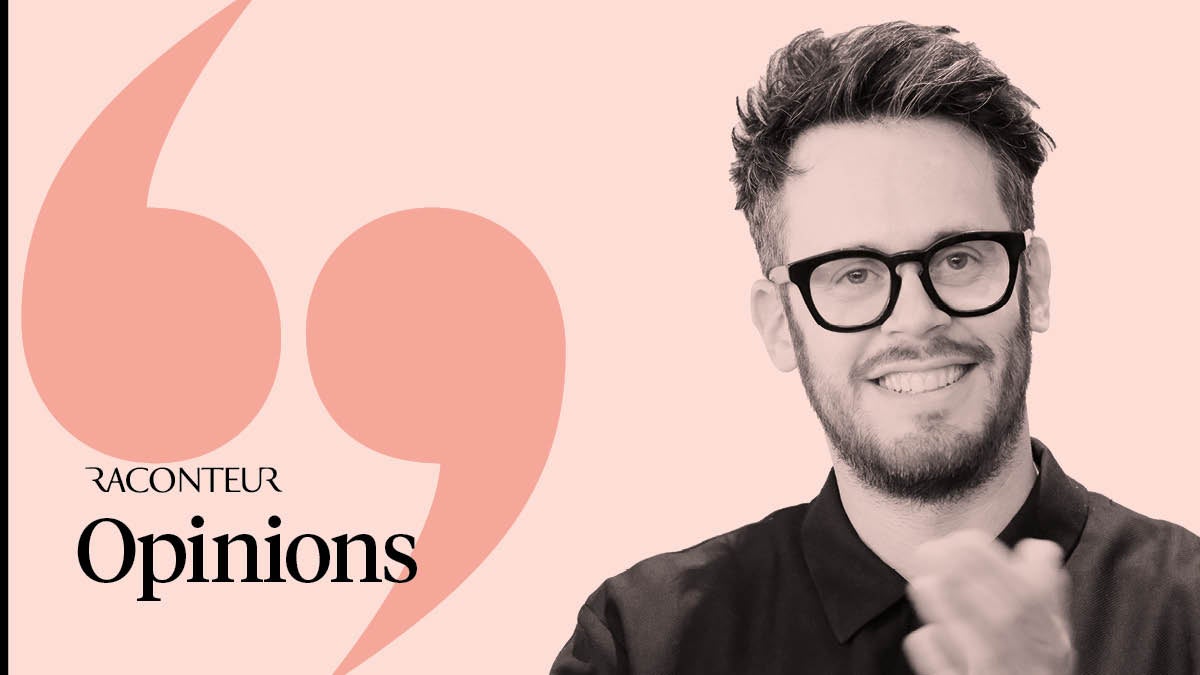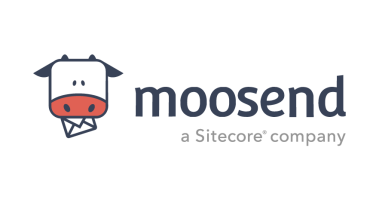
When the other side still seems far away, why should brands stop waiting and start doing? Let’s start with what we know. We know on-going global events have catapulted brands into unchartered waters. We know consumers are increasingly looking to brands that are assuming a solid political, social or environmental position and using creativity to bring this stance to life. We know in response to this brands have raised their hands and made pledges, in many ways stepping up to become brand activists.
The intention is clear, but how should brands go about delivering on that promise, whether it be aiding the process of recovery, assuming the role of change-makers, creating new models or transforming business for the long term?
Here are three observations about the current state of play. At Lions we know the companies that invest in creativity – those that actually act – will emerge stronger. We’ve recently gone through more than 65 years’ worth of Cannes Lions data from our intelligence platform, The Work, to interrogate creative produced during previous recessions. As an example we’ve calculated in the 1980s brands that increased their ad spend saw sales which were 256 per cent higher; on the flipside we predict brands that continue to lie dormant will see a drop of -39 per cent in brand awareness.
We’re very fortunate that we have a helicopter view of the industry. Over the past six months we’ve spoken to global brands, agencies, media owners and many others, and the breadth of approaches to our current condition is both overwhelming and inspiring. We’re now starting to see which approaches aren’t hitting the mark and which are paying off. For example, one theme is that it’s the people and businesses making decisions that carry permanence, rather than temporary acts of transience, who will have a smoother ride.
From the various approaches being taken, it’s clear the more energy a business pours into buying sticking plasters, the less time they’re spending on building the future state: the platform, business, culture and ethos that will underpin it.
What we have right now is a one-off window of opportunity. When do we usually get the chance to hustle, innovate, take risks and get approval for that thing we’ve always been too afraid to do? Chipotle is a fantastic example of a brand that seizes opportunity, having responded to shifting consumer behaviour at speed during the pandemic; their company culture believes in “always getting there first”. During our podcast series, Progress Through Creativity, I asked chief marketing officer Chris Brandt what advice he would give brands that know they have to make a change. His response was simple: “I don’t know how you can afford not to; you just have to start doing.”
Often we find crises accelerate trends. One such trend we’ve presented at Lions Live this week, is that of low-fidelity (lo-fi) content. It’s not new, but the pandemic has made lo-fi mainstream, fuelled by creator platforms such as TikTok and locked-down audiences in search of more meaningful emotional connections. This under-designed aesthetic that purposely rejects high-spec content has won favour as brands including Burger King, Reebok and Netflix have all tried it. Now, I’m absolutely not saying we do away with beautiful craftsmanship, but in the spirit of opportunity there’s no reason why the two approaches can’t complement each other and work in tandem.
Spoiler alert: the “new normal” isn’t coming; it’s here. It’s everyday and it’s the brands and businesses which dive in and invest in creativity and the future, seize the opportunity and start doing that will live to tell the tale on the other side. Time to do the thing you’ve always wanted to.

When the other side still seems far away, why should brands stop waiting and start doing? Let’s start with what we know. We know on-going global events have catapulted brands into unchartered waters. We know consumers are increasingly looking to brands that are assuming a solid political, social or environmental position and using creativity to bring this stance to life. We know in response to this brands have raised their hands and made pledges, in many ways stepping up to become brand activists.
The intention is clear, but how should brands go about delivering on that promise, whether it be aiding the process of recovery, assuming the role of change-makers, creating new models or transforming business for the long term?





